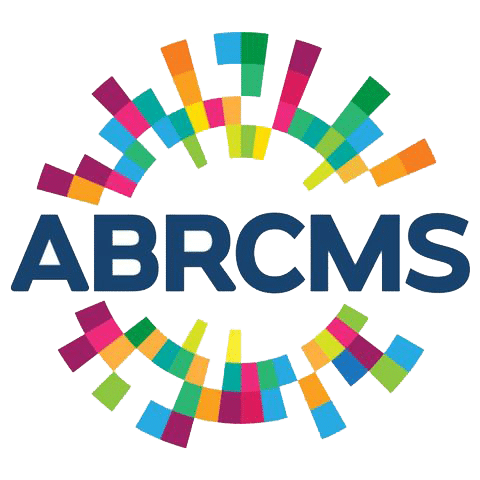ABRCMS Alumni Spotlight: Marcus Lambert, PhD

In his current role, Dr. Lambert focuses on initiatives to expand Downstate’s extramurally funded research portfolio, particularly focusing on health disparities and public health research and training. Dr. Lambert is PI of the Translational Program of Health Disparities Research Training (TRANSPORT), a $10 million grant from the National Institutes of Health (NIH) to form a translational health disparities research program, with a focus on recruiting and training underrepresented minority scientists.
Prior to SUNY Downstate, Dr. Lambert was Assistant Dean of Diversity and Student Life and Assistant Professor of Education Research in Medicine at Weill Cornell Medicine, where he led a $2.4 million NIH-funded Initiative to Maximize Student Development (IMSD) Program to increase the number and enhance the success of Ph.D. students from underrepresented backgrounds. Dr. Lambert received his Ph.D. in biomedical science from NYU Grossman School of Medicine and his B.S. from Howard University. He also holds an M.S. in Clinical Epidemiology and Health Services Research from Weill Cornell Graduate School.
What has been a low point or challenge in your scientific journey and what helped you overcome it?
My lowest point in my scientific journey was barely passing my qualifying exam for my PhD candidacy. It was an oral defense, and I was largely underprepared. I had plenty of preliminary data and knew enough about my project, but I had not studied the background literature well enough. I was probably my own worst critic, and I really beat myself up about it. What helped me through was my family and friends who continued to uplift me. In science, you’re always going to have these moments where you aren’t successful or feel that you could have done better. Be resilient and focus on the positives. Needless to say, I passed my PhD thesis defense with flying colors.
What is something about science or your current work that you find fascinating or motivating?
I love to mentor others, and it’s always fascinating and motivating to see mentees reach the next milestone in their own journey. Ironically, I’ve found myself studying the science of mentorship now, as well. My training was both in the basic biomedical sciences and clinical epidemiology, so I feel like I have access two worlds of scientists to study things like mentorship and diversity. Moreover, I help to manage the research enterprise at my school, so my training as been crucial.
